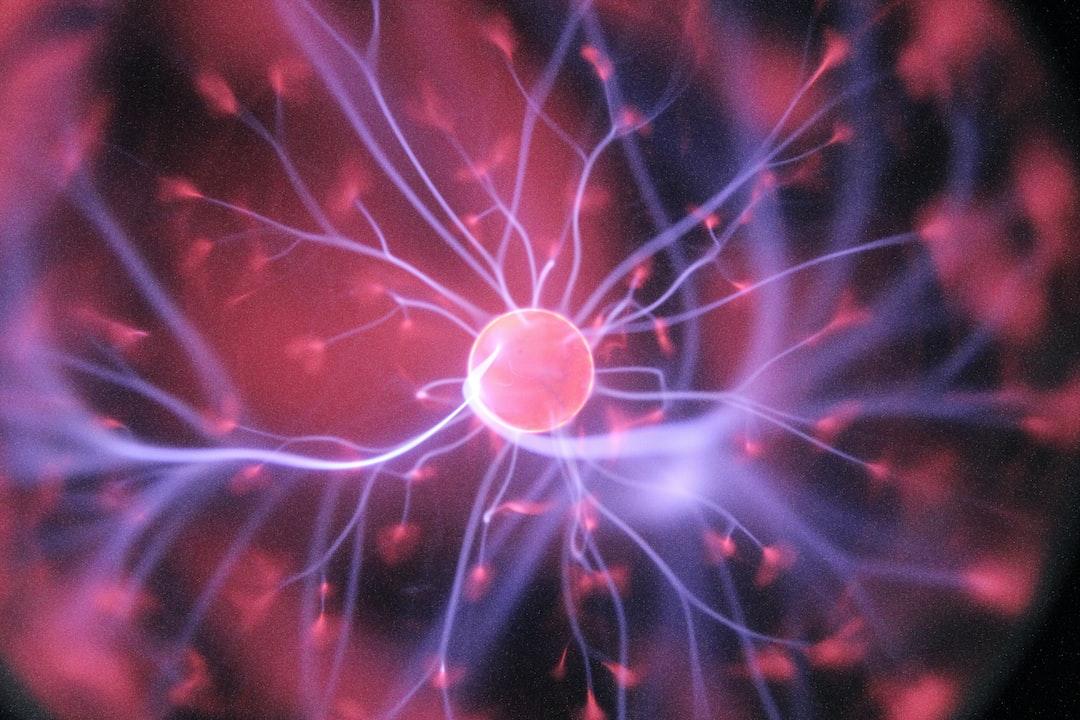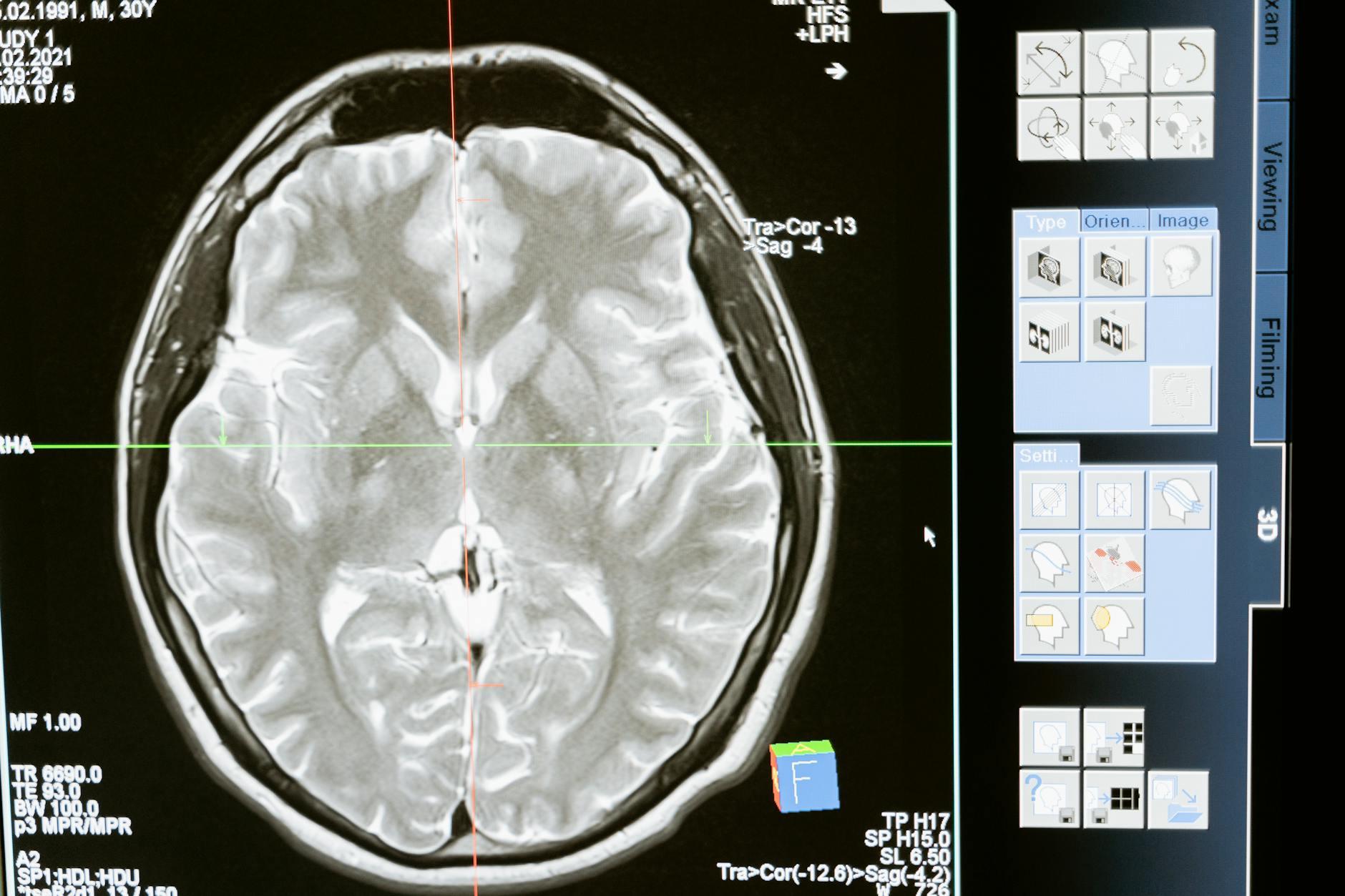The Secret Power of Sleep: Brainwaves and Brain Health
Curated from: app.visla.us
Ideas, facts & insights covering these topics:
8 ideas
·1.2K reads
16
Explore the World's Best Ideas
Join today and uncover 100+ curated journeys from 50+ topics. Unlock access to our mobile app with extensive features.
Sleep's Active Role in Brain Health
Contrary to the perception of sleep as a passive state, it plays an active role in maintaining brain health. During sleep, the brain is far from dormant; it engages in a vital cleansing process. Brainwaves, often misconceived as mere indicators of sleep stages, are instrumental in this process. They facilitate the movement of cerebrospinal fluid throughout the brain, effectively flushing out metabolic waste and toxins accumulated during waking hours. This nightly cleansing is not just a routine maintenance task; it's a critical function for cognitive health and longevity.
17
230 reads
Guarding Against Neurological Diseases
The brain's self-cleansing during sleep might be a key defense mechanism against neurological diseases. Conditions like Alzheimer's and Parkinson's are characterized by the accumulation of harmful substances in the brain, leading to neurodegeneration. The nightly flushing of waste, facilitated by sleep brainwaves, could play a crucial role in delaying or even preventing these diseases. By removing metabolic waste and junk proteins, the brain protects itself from the damage that can lead to cognitive decline.
16
171 reads
Redefining Sleep Quality
The discovery of sleep's role in brain cleansing redefines our understanding of sleep quality. It suggests that improving the efficiency of the brain's waste removal process could lead to healthier brains, potentially reducing the need for extended periods of sleep. This is particularly significant for individuals who struggle to achieve the recommended hours of sleep. Enhancing the brain's cleaning abilities could offer a solution, allowing for more effective rest in shorter durations.
17
150 reads
Sleep's Paradoxical Nature
Sleep presents a fascinating paradox: it's a time of apparent rest and tranquility, yet it's when the brain engages in some of its most crucial activities. The brain's bustling activity during sleep, marked by the production of rhythmic brainwaves, is essential for its self-cleansing mechanism. These brainwaves are not just passive occurrences but active participants in maintaining brain health. They coordinate the flow of cerebrospinal fluid, ensuring that the brain remains free from the waste that can impair its function.
15
143 reads
Neurons: The Nighttime Cleaners
Neurons, often celebrated for their role in processing thoughts and emotions, take on a different but equally vital role during sleep: they become the brain's nighttime cleaners. By firing in synchronized patterns, neurons generate the brainwaves that drive the flow of cerebrospinal fluid. This fluid acts as a cleansing agent, sweeping away the debris and waste accumulated in the brain. This process is akin to a nightly reset, ensuring that the brain starts each day fresh and unburdened by the residual waste of its daily activities.
16
135 reads
The Brain's Intricate Cleansing System
The brain's self-cleaning mechanism is a marvel of biological engineering. Cerebrospinal fluid, the key player in this process, navigates a complex maze of brain tissue, collecting and removing waste. This intricate system is powered by the coordinated activity of neurons, which generate the brainwaves that propel the fluid through the brain. The efficiency of this system is crucial for brain health, as it ensures the removal of substances that could lead to cognitive impairment or neurodegenerative diseases.
15
135 reads
Optimizing Brain Health Through Sleep
The potential to optimize brain health through enhanced sleep cleansing offers a new perspective on sleep's role in overall well-being. By improving the brain's waste removal efficiency, it might be possible to maintain a healthy brain with less sleep. This concept is particularly relevant for individuals who cannot consistently achieve the recommended hours of sleep due to lifestyle or health conditions. Enhancing the brain's self-cleaning ability could provide a means to achieve the benefits of prolonged sleep in shorter durations.
15
119 reads
The Dynamics of Brain Waves in Cleansing
The dynamics of brain waves during sleep play a critical role in the brain's cleansing process. These waves vary in amplitude and rhythm throughout the sleep cycle, influencing the force with which cerebrospinal fluid moves through the brain. Taller waves with larger amplitude are particularly effective in propelling the fluid, enhancing the brain's waste removal process. Understanding why neurons fire these waves with varying rhythmicity and how different patterns affect cleansing efficiency could unlock new methods to optimize the brain's self-cleaning process.
15
120 reads
IDEAS CURATED BY
CURATOR'S NOTE
The Secret Power of Sleep: Brainwaves and Brain Health
“
Similar ideas
Read & Learn
20x Faster
without
deepstash
with
deepstash
with
deepstash
Personalized microlearning
—
100+ Learning Journeys
—
Access to 200,000+ ideas
—
Access to the mobile app
—
Unlimited idea saving
—
—
Unlimited history
—
—
Unlimited listening to ideas
—
—
Downloading & offline access
—
—
Supercharge your mind with one idea per day
Enter your email and spend 1 minute every day to learn something new.
I agree to receive email updates








